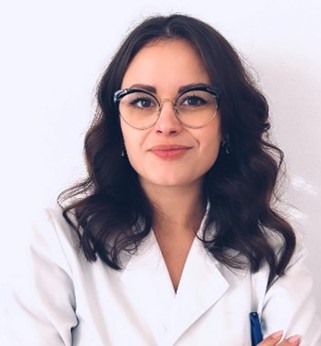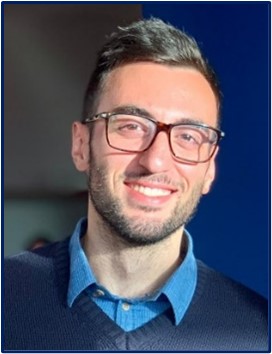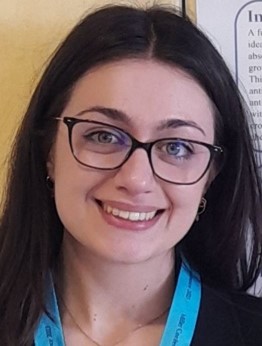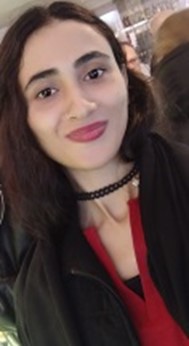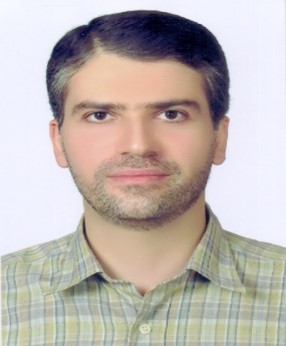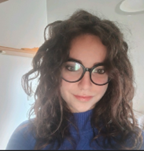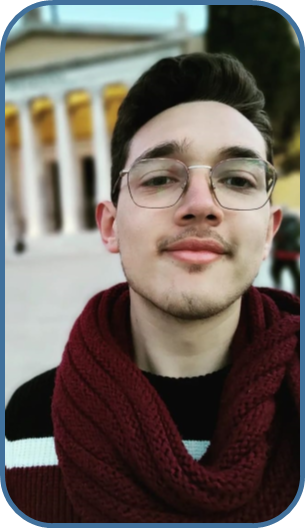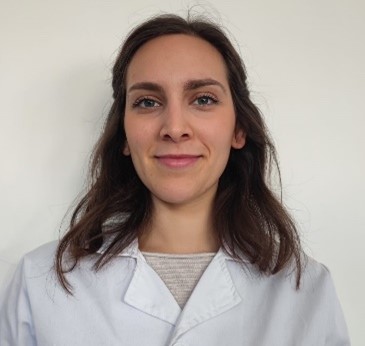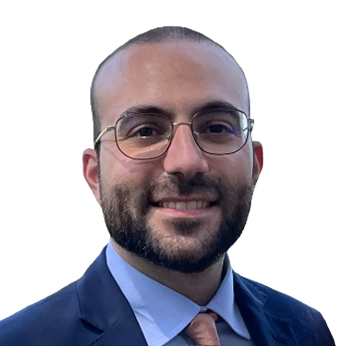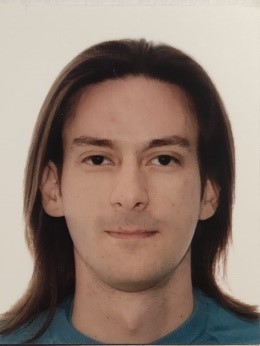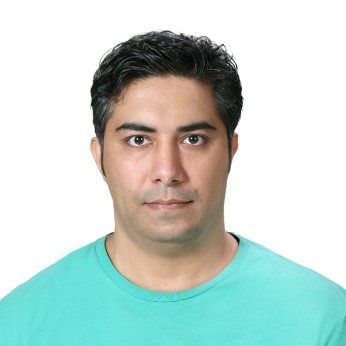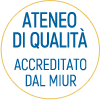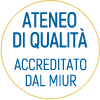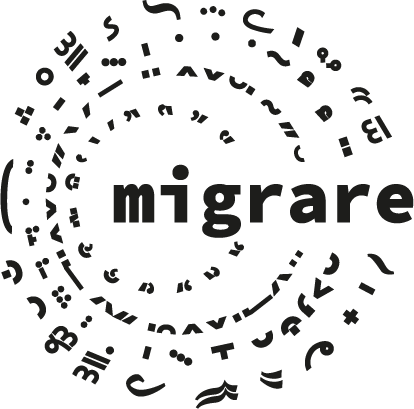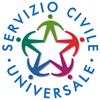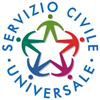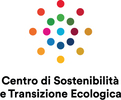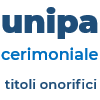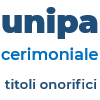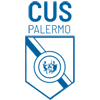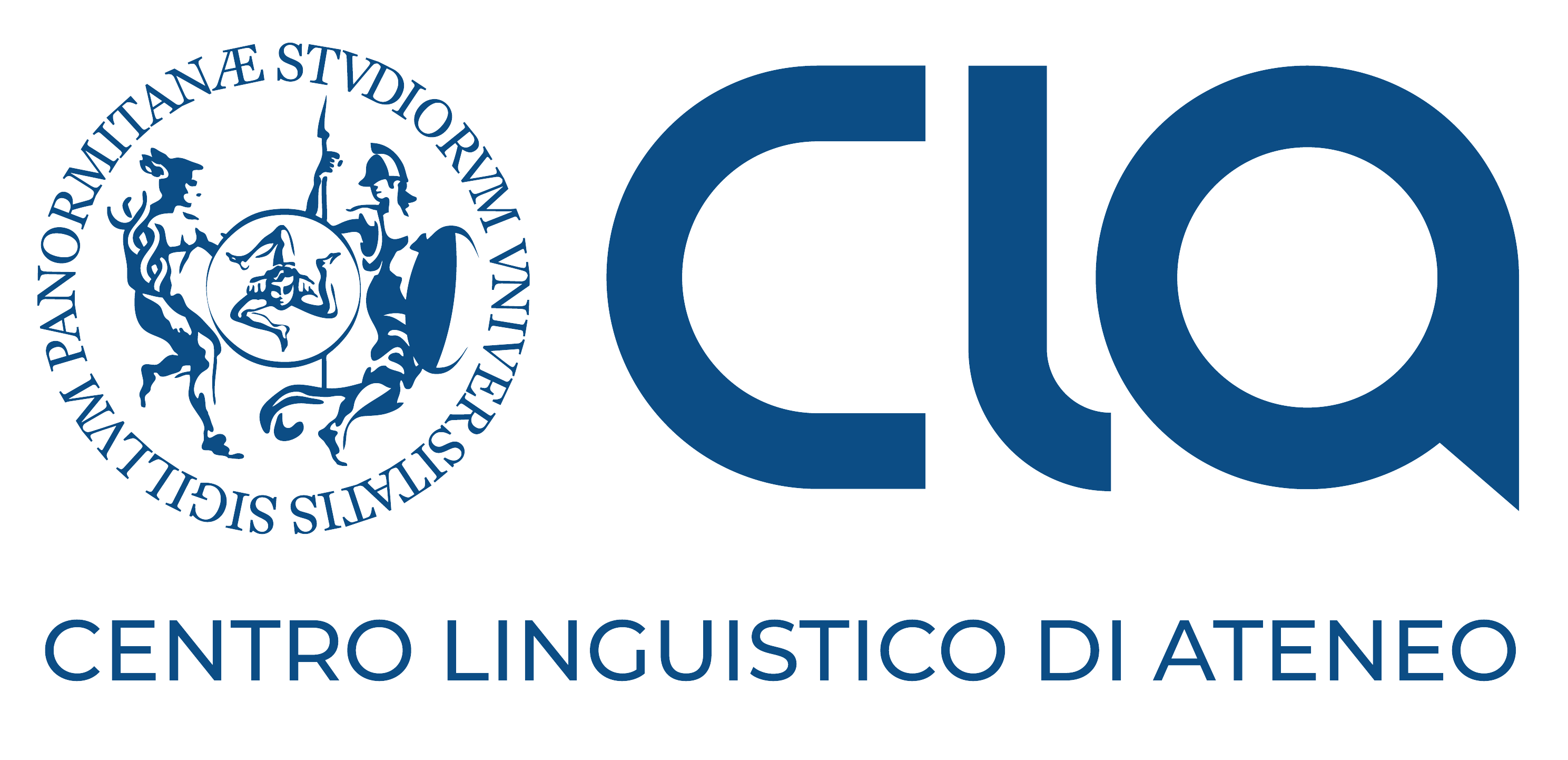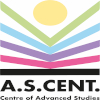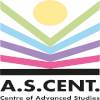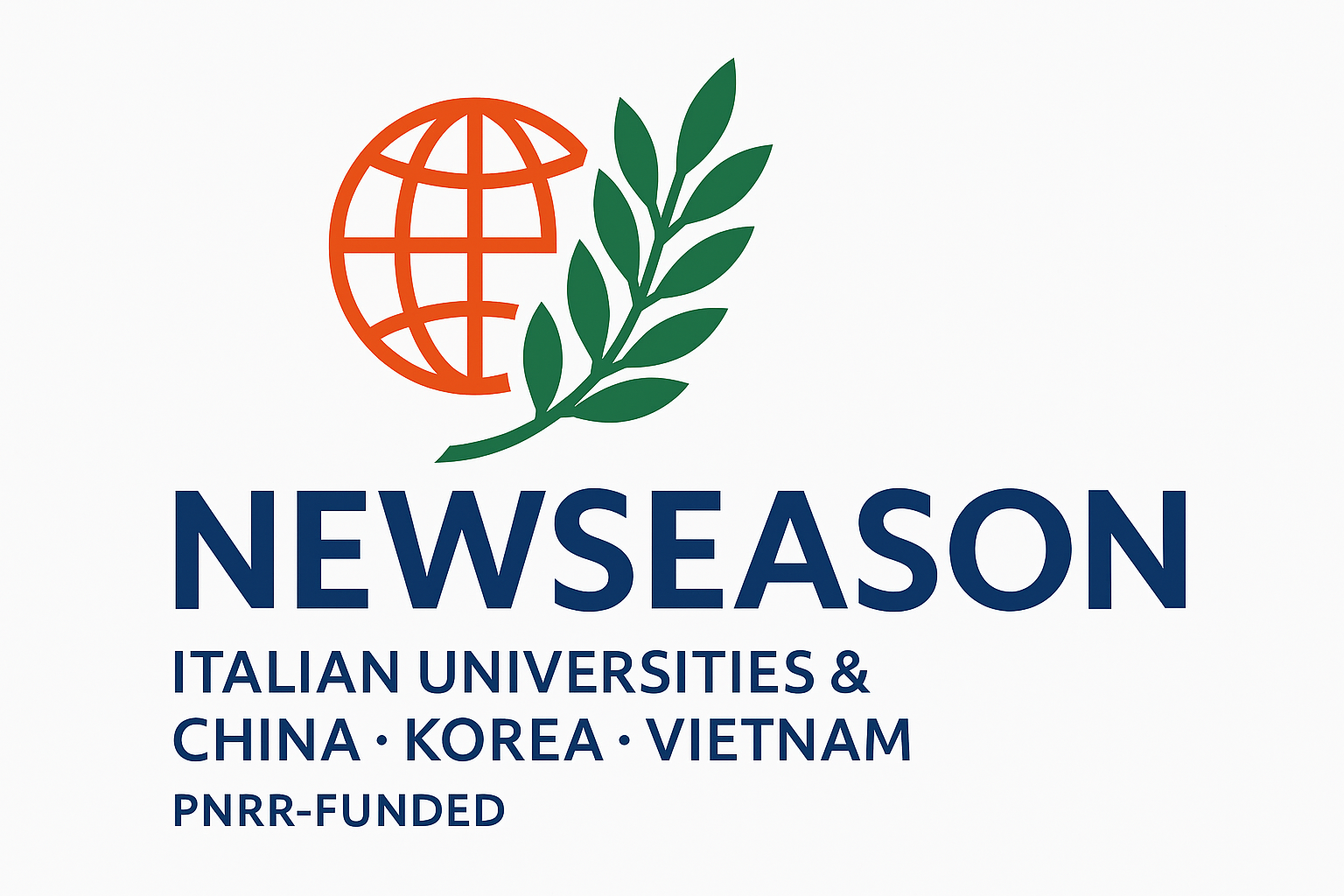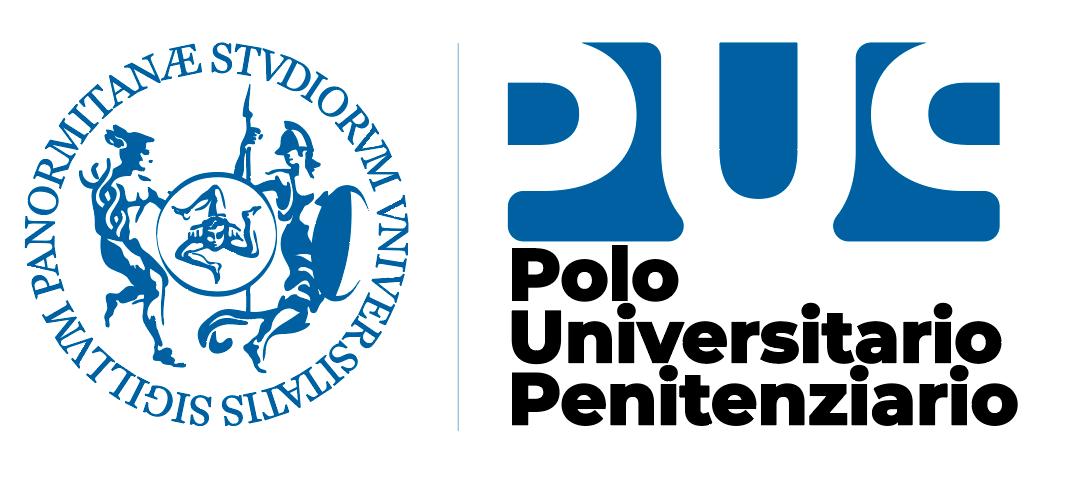XXXVIII
|
PhD Student |
Background and Research Project |
Graphical Abstract |
|
Amato Emanuele |
I’m Emanuele Amato, PhD student in “Chemical, Environmental, Biomedical, Hydraulic and Materials Engineering” at the University of Palermo. I got my master’s degree in Civil Engineering (LM-23) curriculum Hydraulics on October 2022. My research project concerns the design of a telescopic wind turbine with a reduced environmental impact within the scope of the project “PERIMA 2”. This tower, which is raised and lowered by automation or by remote control, allows differentiation of the presence of the generator within the landscape over time. The objective of the research is the choice of the best pile configuration depending on the boundary conditions such as: dynamic action caused by earthquake and wind, foundation type and associated construction costs. This will lead to the selection of the best configuration for the site where the pole is to be installed, but at the same time lay the foundation for the creation of a system independent of site-specific conditions.
|
|
|
Avanti Marco |
Marco Avanti is an Environmental Scientist, a Civil and Environmental Engineer and a Ph.D. student in “Chemical, Environmental, Biomedical, Hydraulic, and Materials Engineering”. He obtained his master's degree by conducting a study to address the longstanding and increasingly frequent phenomenon of flooding in the Mondello neighborhood with his Master’s thesis, titled "Mitigation of Flooding in the Northern Zone of Palermo: Analysis and Intervention Proposals." His doctoral research aim to improve understanding of urban flood dynamics and enhance hydraulic models for flood management. It seeks to refine assessment methods for urban flood vulnerability, taking into account the growing impact of extreme weather events and uncontrolled urbanization. Outcomes of this project aim to advance in hydraulic modelling in urban areas and flood risk management, providing crucial tools and insights for the design of resilient and safer cities.
|
|
|
Baccarella Marta |
Marta Baccarella is a PhD Student of the XXXVIII cycle of the PhD course in "Chemical, Environmental, Biomedical, Hydraulic and Materials Engineering" at the University of Palermo in collaboration with Ri.MED Foundation. The PhD project is part of the D.M. n° 352 relating to Ph.D. scholarships 50% funded by the MUR from the PNRR and 50% funded by companies. She has a Bachelor's degree in Biomedical Engineering - Biomaterials and medical devices and a Master's degree in Biomedical engineering - biomechanical and medical devices, both earned at the University of Palermo in 2020 and 2022 respectively. During her master's thesis, she spent a 6 months internship in Livanova-Sorin Group at Mirandola (MO) with a project entitled “Multiscale modeling of platelet activation in membrane oxygenation systems”. Her scientific activity is about bio-fabrication methods and computational approaches applied to cardiovascular tissue engineering scaffolds. In particular, Marta’s project goal is to identify an optimal size and shape pattern that enhances the growth of a functional endothelial cell layer. The project consists of two different steps. The first one is a 2D and 3D topological analysis to evaluate the structure of the native endothelium through imaging tools such as a scanning electron microscope and a multiphoton microscope. The second phase consists of advanced bio-fabrication techniques such as electrospinning and soft lithography in order to replicate the cellular pattern.
|
|
|
(n.a.) Beikahmadi Niloufar |
I am Niloufar Beikahmadi, PhD student in “Chemical, Environmental, Biomedical, Hydraulic and Materials Engineering” at the University of Palermo. I got my bachelor’s and master’s degree in civil engineering (water science). My research project focus on bias adjustment and downscaling of hydroclimatological products, which involves remote sensing observations, reanalysis data and the ensemble climate model outputs. Research objectives encompass a comprehensive multiphasestudy, ranging from the multiscale analysis of product performance across the Mediterranean region to the creation of a bias-corrected and super-resolution ATLAS spanning 85 years. To achieve these goals, I employ probabilistic methods and statistical approaches, integrating advanced frameworks such as deep learning models for sequential regression and pattern recognition.
|
|
|
Castiglione Maria |
I am Maria Castiglione, P.h.D. student in “Chemical, Environmental, Biomedical, Hydraulic and Materials Engineering”. I graduated with a master's degree in Engineering and Innovative Technologies for the Environment (LM-35) at the University of Palermo. My research project aims to evaluate the risks associated with drinking water and wastewater treatment plants following natural events, intensified by climate change and subsequently evaluate robust and recoverable strategies. The methodology could help to address a gap in the existing planning and risk instruments, increasing the awareness of the local planners about the unexpected effects of multiple risks and providing an essential indication of the priority areas to address technical studies and financial resources. This study is carried out within the RETURN Extended Partnership and receive funding from the European Union Next-Generation EU.
|
|
|
De Caro Dario |
Dario De Caro is a Ph.D. student in “Chemical, Environmental, Biomedical, Hydraulic and Materials Engineering”. He gained a Bachelor and a Master’s degree in in Environmental Engineering at the University of Palermo in July 2018 and July 2020, respectively. He deepened his knowledge of environmental issues related to hydraulic and hydrologic applications in agriculture, working as a research fellow at the University of Palermo since March 2021. His research project is based on the estimation of evapotranspiration fluxes in Mediterranean agro-ecosystems at different spatial scales. Agro-hydrological and/or energy balance models will be implemented in the framework of Agriculture 4.0 by merging data from in-situ smart sensors, remote sensing, and machine learning techniques.
|
|
|
Di Liberto Erika Alessia |
I'm Erika Alessia Di Liberto, PhD student in "Chemical, Environmental, Biomedical, Hydraulic and Materials Engineering" at the University of Palermo. I graduated from the University of Palermo with a Bachelor's degree in Chemical Engineering in 2019 and a Master's degree in Chemical and Process Engineering in 2022. My Master's thesis was carried out in collaboration with the Łódź University of Technology (Poland) in the framework of the Erasmus+ program. My PhD research project explored the circular economy approaches and it is based on the valorization of wood waste to develop new biocomposite materials made from bio-based, biodegradable and renewable materials. Sustainable composites made from renewable biopolymers and naturally occurring additives are of particular interest as they can potentially reduce environmental impact and enhance an efficient circular economy. Part of my research project (six months) will be carried out in collaboration with the University of Minho (Portugal).
|
|
|
Di Marco Chiara |
I am Chiara Di Marco, Ph.D. student in "Chemical, Environmental, Biomedical, Hydraulic and Materials Engineering" at the University of Palermo. My academic background includes a Bachelor's degree in Chemical Engineering and a Master's degree with honor in Product Chemical Engineering, both conferred by the University of Palermo. My Master's thesis titled “Development of a microfluidic device for blood plasma separation”. Currently, my research PhD project aims focus on fabricating electrospun scaffolds, compact and printable hydrogels and their integration into Organ-on-Chip (OoC) microfluidic platforms. Besides, I employed scaffold characterizations (e.g., mechanical, rheological, morphological, and physicochemical) to assess their applicability in different research fields. Following the optimization of the scaffolds, the project will compare two different culture approaches on the same scaffold, thereby elucidating the benefits of dynamic culture systems in promoting enhanced cellular activities. The research activity considered during my Master thesis and PhD research is linked to the research group of Professor Vincenzo La Carrubba.
|
|
|
Galvano Simona |
My name is Simona Galvano, I am a Ph.D. student in "Chemical, Environmental, Biomedical, Hydraulic and Materials Engineering". I graduated in Medical Biotechnology and Molecular Medicine (LM-9) from the University of Palermo. During my master's thesis, titled "Synthesis and Characterization of Hydrogels for 3D Printing of Scaffolds and Mesenchymal Stem Cells for Cartilage Regeneration," I focused on the development of scaffolds to be used with autologous cells for tissue engineering applications. Tissue engineering aims to overcome the limitations of traditional transplantation methods by developing biomaterials that mimic the extracellular matrix (ECM) to provide temporary structural support and guide stem cells in the tissue regeneration process. In my PhD project, I continue this research by focusing on the selection of biocompatible polysaccharide hydrogels and the characterization of their chemical, physical, mechanical, and biological properties. These analyses will allow the development of an advanced 3D-printed scaffold with morphological and functional characteristics that can be customized for different tissue types and pathological conditions such as osteoarthritis. In addition, the research aims to understand the molecular mechanisms that regulate tissue regeneration facilitated by these structures. By optimizing scaffold design and enhancing the clinical efficacy of scaffold-based therapies, the goal is to offer innovative solutions to improve patients’ quality of life.
Link to CV (n.a.) |
|
|
Geraci Salvatore |
Salvatore Geraci is a PhD student of the University of Palermo of the course of Chemical, environmental, biomedical, hydraulic and materials engineering. He master graduated in Chemical Engineering in 2022 with a thesis work about bio-coating for orthopedic use and then, in 2023, he joined the research group of Applied Physical Chemistry of Professor Rosalinda Inguanta working on the field of alkaline electrolyzers for hydrogen production.
|
|
|
Giordano Angelo |
My name is Angelo Giordano, I am a PhD student in Chemical, Environmental, Biomedical, Hydraulic and Materials Engineering. I got my Master’s Degree in Chemical Process Engineering in 2021 at the University of Palermo. My research centers around hemodialysis, a treatment applied to patients with end-stage renal diseases, and aims at making it greener and cheaper. This is done primarily by working towards the reduction of the plastic waste it generates and the amount of fresh water it uses. Specifically, my research work is carried out through the analysis of fluid dynamics phenomena occurring inside the membrane filter during the treatment by means of experimental tests and Computational Fluid Dynamics (CFD) techniques. Thanks to this analysis, innovative designs of the filters are explored with the aim of improving the treatment efficiency, i.e. minimizing the membrane area and the water use while maintaining state-of-the-art preformances. Particular attention is also given to the fouling phenomena pertaining to the treatment. Additionally, with the goal of supporting nephrologists in delivering patient-specific treatments, the creation of a fast and accurate artificial intelligence-based simulation tool of hemodialysis is currently being investigated.
|
|
|
Gulino Federica |
My name is Federica Gulino and I am a PhD student of the “Chemical, Environmental, Biomedical, Hydraulic and Materials Engineering” at the University of Palermo. I got my Master’s Degree in Chemical Engineering at the University of Palermo with a thesis on the development of novel bioink formulations for the 3D printing of scaffolds for cartilage regeneration. My PhD project aims to produce advanced hydrogel wound dressings with antibacterial and antioxidant properties without the use of traditional chemical industry drugs. The hydrogel formulations will consist mainly of biopolymers, which can be used in combination with synthetic polymers, and which can undergo physical cross-linking under mild conditions, as the primary gelation method, and/or chemical cross-linking by ionising radiation at typical sterilisation doses. The possibility of combining sterilisation and crosslinking in a single operation when the formulation is in its final packaging, are the basis for the successful development and commercialisation of irradiated hydrogel dressings.
|
|
|
Ingargiola Nicola |
I’m Nicola Ingargiola, PhD student in “Chemical, Environmental, Biomedic, Hydraulic and Materials Engineering” at the University of Palermo, where I got my master’s degree in chemical engineering. My research project aims to develop an electrolyzer that uses ammonia electro-oxidation as anodic reaction instead of oxygen evolution. From a thermodynamic point of view the process is promising since the cell thermodynamic potential difference would be almost twenty times lower than the cell thermodynamic potential difference in the water splitting process. Furthermore, being able to convert ammonia into hydrogen with a low energy cost would allow to use it as a “carrier molecule”. In other words, it would be possible to storage and transport ammonia instead of hydrogen, handling a component less dangerous and easier to liquify component, converting it into hydrogen when it is needed.
|
|
|
Kanwal Tayyaba |
I am Tayyaba Kanwal, a Ph.D. Student in Chemical, Environmental, Biomedical, Hydraulics and Materials Engineering at the University of Palermo. I obtained my bachelor’s degree in chemistry from University of Kotli Azad Kashmir, Pakistan in 2018. I did my master’s degree in chemistry from Mirpur University of Science and Technology, AJK, Pakistan in 2021. My master research thesis was on Structure Engineering of Zinc Nickel Mixed Oxides. My PhD research thesis is focused on the preparation of non-toxic, low costly, highly efficient and ecological friendly photocatalyst for Biomass Valorization in Photocatalytic and Photo-Electrocatalytic microreactors. Additionally, the investigation aims to explore biomass as a sustainable, abundant, and environmentally clean substitute for fossil feedstock. Furthermore, the research strives to facilitate the formation of high-value chemicals and fuels through these methodologies.
|
|
|
Mulone Sara |
I’m Sara Mulone, PhD student in Chemical, Environmental, Biomedical, Hydraulic And Materials Engineering. I’am a environmental engineer who graduated with a master's degree in Engineering for the environment and the territory (LM-35) from the University of Palermo in March 2022. My doctoral research includes the study of innovative technologies for reducing the sewage sludge production from urban wastewater treatments, in order to reduce the impact on the environment resulting from the disposal of sewage sludge, as well as the management burdens related to its management. In particular, research project focuses on the anaerobic oxing settling process (OSA), which operates under different conditions and configurations, with the aim of identifying the most suitable operating conditions to limit the production of sewage sludge by investigating its biological mechanisms, parameters and bacterial communities involved in the process, and at the same time, ensuring good pollutant removal performance. The expected results will provide useful information on the implementation of this technology in full-scale plants.
|
|
|
Peykani Peyman |
I am Peyman Peykani, PhD student in “Chemical, Environmental, Biomedical, Hydraulic and Materials Engineering” at the University of Palermo. I got my bachelor and master degree in civil engineering (hydraulic). My research project is about Prediction of flow discharge and sediment transport in rivers by using advanced monitoring and simulation techniques, with special attention to extreme hydrological events. Research objectives aim to using ADCP measurements in rivers for analyse river dynamics. Emphasis is placed on factors affecting measurement accuracy, with proposals for advanced data processing techniques and/or machine learning. Also research activities include establishing a permanent monitoring system with high-resolution cameras, and using image processing for flow velocity estimation. Additionally, by using commercial and opensource softwares, numerical simulation's significance in estimating river discharges and sediment transport is highlighted, with challenges such as turbulence and environmental factor integration addressed for model validation. This research project is part of PNRR RETURN project (Multi-Risk sciEnce for resilienT commUnities undeR a changiNg climate).
|
|
|
Puleo Daniele |
I am Daniele Puleo, a mechanical engineer who graduated in October 2020 at the University of Palermo and I am now attending the PhD course in “Chemical, Environmental, Biomedical, Hydraulic and Materials Engineering” at the same university. My research project concerns the improvement of reliability of water distribution networks (WDNs), which constitute a fundamental infrastructure to ensure the constant provision of clean water necessary to people and their activities. WDNs are exposed to several factors, such as pipes burst and valves failure, that could compromise network’s performance in delivering water. In this context, the project focuses on developing a new model useful for the planning and the management of new and existing WDNs, integrating both hydraulic and topological aspects by developing an optimization algorithm to determine the optimal positioning of a selected number of new isolation valves, therefore improving network’s reliability and performance indices. The model could help the companies managing WDNs in guaranteeing normal operating conditions of the network and scheduling maintenance routines.
|
|
|
Russo Tiesi Manuela |
I am Manuela Russo Tiesi, PhD student in "Chemical, Environmental, Biomedical, Hydraulic and Materials Engineering" at the University of Palermo. I graduated in Environmental Engineering (LM-35), in March 2022, at the same University. The main objective of my research project is to assess the applicability of biological processes for the treatment of contaminated marine sediments. In particular, the objective is to determine the effectiveness of ex situ biological treatment technologies in combination with physical-chemical treatments (sediment washing), evaluating the performance of the treatment also in different scenarios, studying the optimization of the treatment chain and the effectiveness of the removal of contaminants. Experimental research is carried out on samples of marine sediments dredged from the coastal areas of Augusta. Performance is evaluated in terms of macro-descriptors (removal of total petroleum TPH-hydrocarbons), inorganic pollutants (residual concentration of heavy metals) but also in terms of total and volatile suspended solids concentration and assessment of the composition of the bacterial community in order to assess the growth of the bacterial consortium responsible for the bioremediation process.
|
|
|
Scelfo Giuseppe |
I’m Giuseppe Scelfo, PhD student in “Chemical, Environmental, Biomedical, Hydraulic and Materials Engineering” at the University of Palermo. I graduated with honour in Chemical Engineering (Processes) at the University of Palermo in October 2022.Theme of my research program:Water scarcity presents a challenge in our society due to the exponential growth of the global population. This has brought considerable development of desalination technologies to take advantage of an inexhaustible source of water, the sea. All desalination processes bring with them brine, a stream of concentrated salt solution. The topic of my research is the enhancement of salt bitterns and desalination brines through the recovery of trace elements (B, Sr, Ga, Ge, Rb, Cs), which are already present in very small amounts in seawater. These, with the addition of almost total recovery of major elements such as Mg and Na, could lead to waste bitterns no longer being considered a waste product but a source of valuable Critical Raw Material. To give a boost to this valorization process, the recovery of the biological part of the bittern will also be studied. The extremely saline environment under consideration is a source of bacterial and microalgal life from which to derive high-value substances such as carotenoids.Their recovery will bring further interest to the valorization of the product, thus broadening the fields of application of these saline solutions.
|
|
|
Seidita Federica |
I'm Federica Seidita, a PhD student in "Chemical, Environmental, Biomedical, Hydraulic, and Materials Engineering" at the University of Palermo. I completed my bachelor's degree in Medical Biotechnologies and Molecular Medicine at the University of Siena, and my Master's degree in Medical Biotechnologies at the University of Palermo. My research project focuses on the development and application of micro- and nanoparticles for cancer treatment, particularly targeting breast cancer. Specifically, I aim to develop "smart" micro- and nanoparticles capable of targeting cells, being internalized, and inducing the controlled release of associated molecules. Additionally, I'll synthesize "smart coatings" of enzymes to decompose the solid tumor matrix, facilitating access for therapeutic compounds.
|
|
|
Titone Vincenzo |
My name is Vincenzo Titone and I graduated in Materials Engineering at the University of Palermo. In recent years I have participated in several research projects on composite materials, nanocomposites and recycling methods. I have also gained valuable industrial experience in the field of polymeric materials. My research mainly focuses on the development of new formulations of biodegradable polymer blends and the use of natural fillers derived from agricultural wastes for the production of biocomposites, with the aim of promoting environmental sustainability. In addition, I am actively involved in exploring the possibilities of recycling these materials through mechanical recycling.
|
|
|
Verro Vincenzo |
Vincenzo Verro graduated in Aerospace Engineering from the University of Palermo in March 2022. He is currently enrolled in the doctoral program in "Chemical, Environmental, Biomedical, Hydraulic, and Materials Engineering" with a thesis titled "Electrochemical surface engineering of biomedical metal alloys." His research focuses on the development of a multi-step electrochemical surface treatment to achieve a biocompatible coating on biodegradable prostheses such as stents or orthopaedic implants. Biodegradable prostheses avoid the risks associated with the second surgery for the removal of permanent prostheses, they support healing of tissues by degrading at fixed, safe rate, without releasing harmful ions into the human body. The project involves creating coatings, primarily on magnesium alloys, and analysing their corrosion behaviour in various solutions simulating the physiological environment. The adopted processes include electrodeposition and (electro)chemical conversion, corrosion resistance and biocompatibility are evaluated through techniques such as EIS, polarization curves, hydrogen evolution rate (HER) measurements, and in vitro cellular viability tests. Furthermore, Finite Element Method (FEM) modelling will be used to study the degradation of coated implants and their mechanical behaviour under different operating conditions.
|
|
|
Volpe Francesco |
My name is Francesco Volpe and I graduated in Chemical Engineering at the University of Palermo in 2022. I am a PhD student in “Chemical, Environmental, Biomedical, Hydraulic and Materials Engineering” at the University of Palermo. My activities involve the study of technologies based on Ion Exchange Membranes (IEMs). In particular, my research project focuses on the development of modelling tools to simulate fouling deposition in processes like Electrodialysis (ED) and Reverse Electrodialysis (RED). The implementation of a model to predict fouling is the first step to mitigate and control an undesired phenomenon worsening performance and increasing costs for IEMs processes. For this purpose, Computational Fluid Dynamics simulations and Neural Networks approach will be adopted to describe complexity of fouling nature. Alongside modelling activities, also experimental tests will be performed with the aim to: (i) investigate the role of operating conditions and solutions composition on RED and ED performance and fouling deposition magnitude; (ii) evaluate the influence of pilot-scale set-ups on performance parameters; (iii) create a significant dataset for models’ validation. Activities will be conducted within the framework the European Project H2020 “SEArcularMINE”.
|
|
|
Zolfaghari Ehsan |
I am Ehsan Zolfaghari, a PhD student in Chemical, Environmental, Biomedical, Hydraulic, and Materials Engineering at the University of Palermo. My master's degree from Catania University in 2022 focused on investigating recyclable epoxy resin systems under the title "Green Resin for Green Composite." My current doctoral research, titled "Green Chemistry Approaches to Recover Carbon Fibers and Improve the Recyclability of CFRP Composites," aims to enhance the recycling landscape of Carbon Fiber Reinforced Polymer (CFRP) composites. The objectives of my research include the optimization of a recycling process for carbon fiber recovery from CFRPs (TRL 5-6), the reuse of reclaimed fibers for manufacturing new composites (TRL 4), and the development of strategies to reduce waste generation and explore alternative chemistries in pultrusion process (TRL 4-5). This research represents a significant step towards a more environmentally conscious future in composite materials manufacturing.
|




